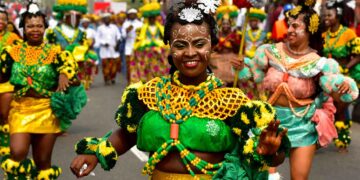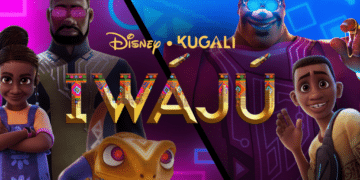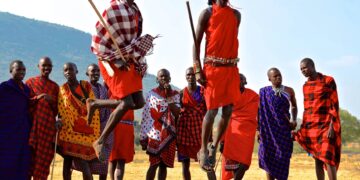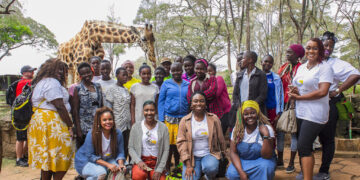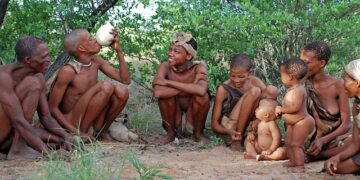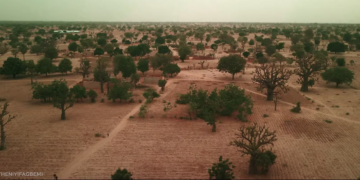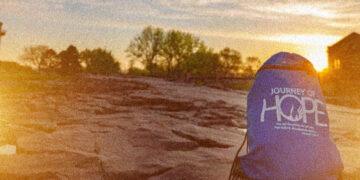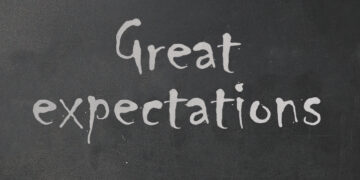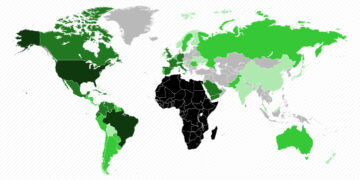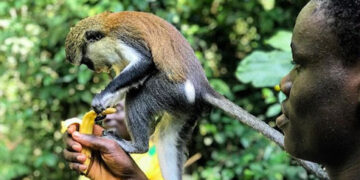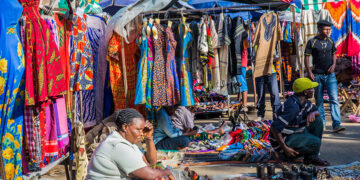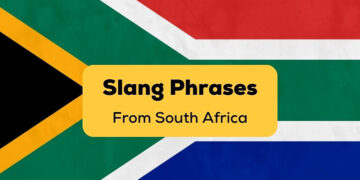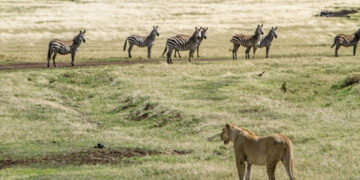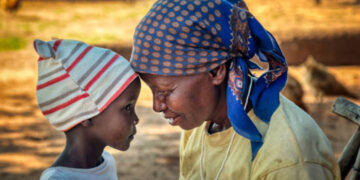Until the lions have their own historians, the history of the hunt will always glorify the hunter. (Nigerian Proverb).

Photo by Avel Chuklanov on Unsplash
The stories we hear about hunting are usually told from the perspective of the hunter. They focus on bravery, skill, and the thrill of the chase. But what about the perspective of the hunted? What does it feel like to be hunted, to be preyed upon?
Without the voices of the hunted, the story of hunting is incomplete. It glorifies the hunter and ignores the suffering of the prey. It gives the impression that the hunter is superior to the hunted, and that the hunted exist to be exploited.
But if we were to hear the stories from the hunted, what would we learn? Would we be able to see the world through their eyes, or would we rather keep wearing tinted glasses?
Being hunted makes you feel the following:
- Fear and anxiety: Just like animals, humans who are hunted or living in fear of being hunted, experience constant fear and anxiety. This can have a significant impact on their mental and physical health, making it difficult to function in everyday life.
- Trauma: The experience of being hunted can be traumatizing, both for animals and humans. Trauma can lead to a range of psychological problems, including post-traumatic stress disorder (PTSD), anxiety, and depression.
- Loss of freedom: When animals or humans are hunted, they lose their freedom to live their lives without fear. This can have a devastating impact on their well-being.
- Loss of life: Of course, the ultimate consequence of being hunted is death. For both animals and humans, this is a tragedy.
Viewing the narrative from a different perspective, helps us to see a different approach to hunting. Our eyes become open to seeing the violence, exploitation, and oppression that keep getting hidden under the guise of darkness. We also see how dominant groups use hunting as a justification to dominate marginalized groups.
But there are also stories of hope, resistance, resilience, and fight against oppressors. All of this reminds me of a line from Nigerian artist, the late Sound Sultan: “One day the bush meat will catch the hunter.”
This proverb is a call to action. It is high time we listened to the voices of those being marginalized, and challenged the dominant narrative which has long shaped our understanding.
So, next time you hear a story about hunting, ask yourself who’s telling it. Is it the hunter or the hunted? And whose perspective is being ignored? If we want to understand the full story, we need to listen to both sides. Only then, can we truly understand the impact of hunting, on both the hunter and the hunted, and consequently, the world around us.
References
Achebe, Chinua. “An Image of Africa: Racism in Conrad’s Heart of Darkness.” Massachusetts Review, vol. 9, no. 1, 1968, pp. 78-91.
Davis, Angela Y. Women, Race, & Class. Vintage Books, 1983.
Spivak, Gayatri Chakravorty. “Can the Subaltern Speak?” Marxism and the Interpretation of Culture, edited by Cary Nelson and Lawrence Grossberg. University of Illinois Press, 1988, pp. 271-313.



